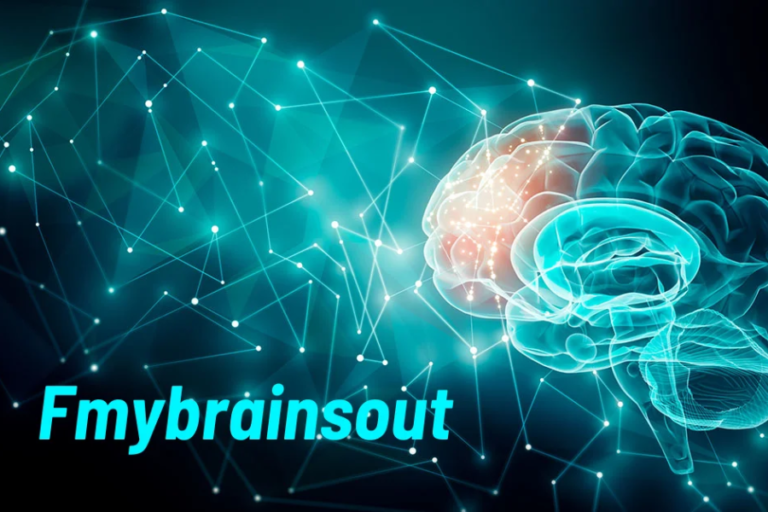The Evolution of AI-Generated Characters in Video Games
Video games have come a long way, and one of the most exciting advancements is the rise of AI-generated characters. These digital figures, powered by artificial intelligence, are transforming how players engage with their favorite games. Instead of following predictable scripts, modern AI-driven characters bring more depth, realism, and interactivity to gaming. But how exactly do these intelligent characters impact the gaming world, and what does the future hold for them? Let’s dive in.
A New Level of Realism
In the past, non-player characters (NPCs) in video games followed basic, pre-programmed routines. They would repeat the same lines, react in limited ways, and often feel robotic. Now, with AI integration, NPCs can adapt to a player’s actions, making them feel more lifelike.
Games like Red Dead Redemption 2 and The Last of Us Part II showcase how AI enhances realism. NPCs react dynamically to their surroundings and the player’s choices, making every encounter feel fresh. Whether it’s a townsperson acknowledging a previous interaction or an enemy adjusting its tactics, AI-driven characters make the world feel alive.
Smarter and More Challenging Opponents
AI has also changed the way enemies behave in video games. In older games, enemy movements were predictable—players could memorize patterns and easily outsmart them. Now, AI allows opponents to learn and adapt, making battles more unpredictable and engaging.
For example, in Alien: Isolation, the alien learns from the player’s movements, creating a terrifying and unique experience with each encounter. Similarly, in the Halo series, enemy AI adjusts to a player’s strategies, forcing them to constantly rethink their approach. These intelligent opponents keep players on edge and make victories feel more rewarding.
Personalized and Adaptive Storytelling
One of the most exciting aspects of AI-generated characters is their ability to create personalized gaming experiences. Instead of following a single, fixed storyline, many modern RPGs (role-playing games) use AI to generate branching narratives based on player choices.
In The Elder Scrolls V: Skyrim and Cyberpunk 2077, NPCs remember past interactions, altering their behavior and dialogue accordingly. This makes each playthrough unique, as the game world changes based on the player’s decisions. AI-driven storytelling ensures that no two players have the same experience, adding a new layer of depth to interactive entertainment.
Building Emotional Connections
AI-generated characters aren’t just about intelligence—they can also display emotions, making them feel more human. Thanks to advancements in machine learning, NPCs can express joy, fear, anger, and even sadness in response to in-game events.
A standout example is Detroit: Become Human, where AI-powered characters exhibit emotions and make decisions that affect the story. Players form deeper connections with these virtual beings, making their choices feel more meaningful. The ability to engage with characters on an emotional level enhances immersion and makes the gaming experience more memorable.
The Future of AI in Gaming
As AI technology continues to evolve, its role in video games will only grow. Future AI-driven characters could engage in real-time conversations using advanced natural language processing, making in-game interactions even more realistic. They may also adapt across multiple playthroughs, learning from each session to create unique, ever-changing experiences.
However, AI in gaming also raises concerns. Some worry that increased automation could replace human game developers, writers, and voice actors. Others question the ethical implications of AI decision-making in games. Despite these challenges, AI-generated characters are here to stay, and their potential to redefine gaming is limitless.
Final Thoughts
AI-generated characters have already transformed the gaming landscape, making virtual worlds feel more immersive and unpredictable. From smarter enemies and adaptive storytelling to emotionally expressive NPCs, AI is pushing the boundaries of what’s possible in video games.
As technology advances, these characters will only become more sophisticated, creating deeper connections with players and offering experiences that feel more real than ever. Whether you’re facing an AI-driven opponent or forming relationships with lifelike NPCs, one thing is clear—AI is shaping the future of gaming in ways we never imagined.
Stay in touch to get more news & updates on World Insider!






